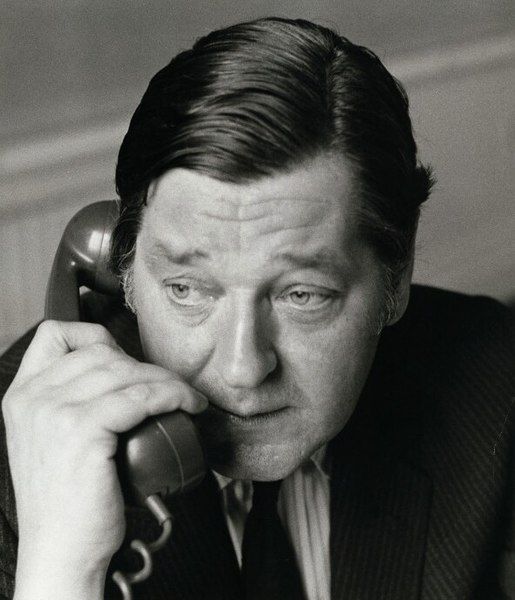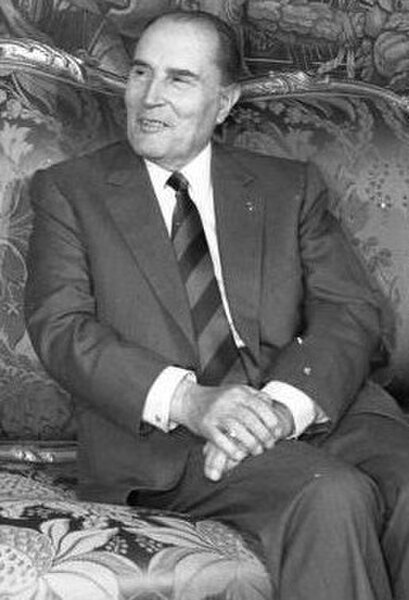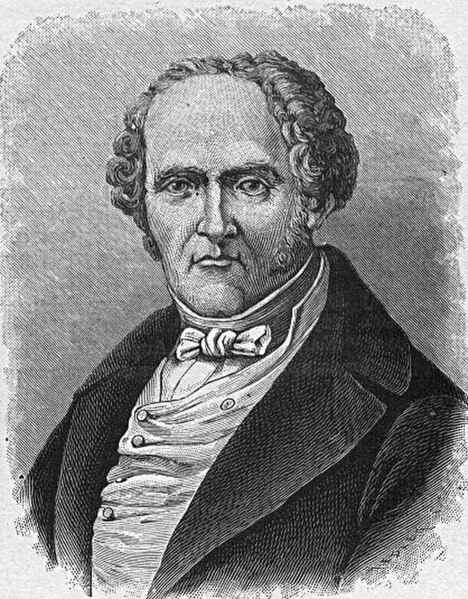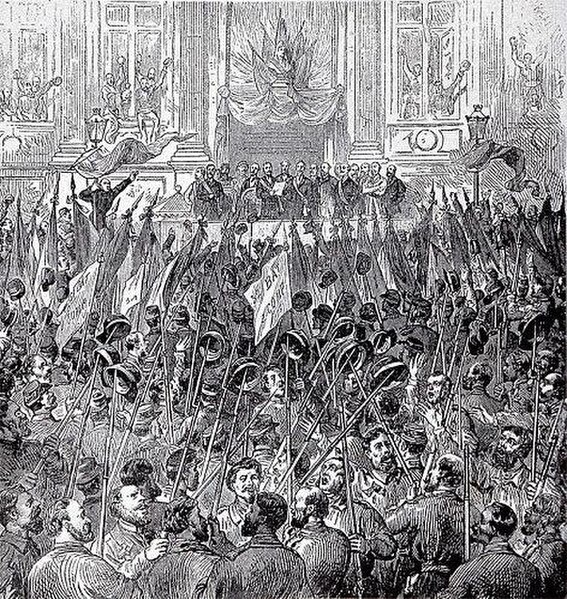Social democracy is a political, social, and economic philosophy within socialism that supports political and economic democracy and supports a gradualist, reformist and democratic approach towards achieving socialism, usually under a social liberal framework. In practice, social democracy takes a form of socially managed welfare capitalism, achieved with partial public ownership, economic interventionism, and policies promoting social equality.
A portrait highlighting the five leaders of early social democracy in Germany
Anthony Crosland, who argued that traditional capitalism had been reformed and modified almost out of existence by the social democratic welfare policy regime after World War II
Aneurin Bevan, minister of health (1945–1951)
François Mitterrand, president of France (1981–1995)
Socialism is an economic and political philosophy encompassing diverse economic and social systems characterised by social ownership of the means of production, as opposed to private ownership. It describes the economic, political, and social theories and movements associated with the implementation of such systems. Social ownership can take various forms, including public, community, collective, cooperative, or employee. Traditionally, socialism is on the left wing of the political spectrum. Types of socialism vary based on the role of markets and planning in resource allocation, and the structure of management in organizations.
Charles Fourier, influential early French socialist thinker
The celebration of the election of the Commune on 28 March 1871—the Paris Commune was a major early implementation of socialist ideas.
Karl Marx in 1875
Vladimir Lenin, founder of the Soviet Union and the leader of the Bolshevik party.








